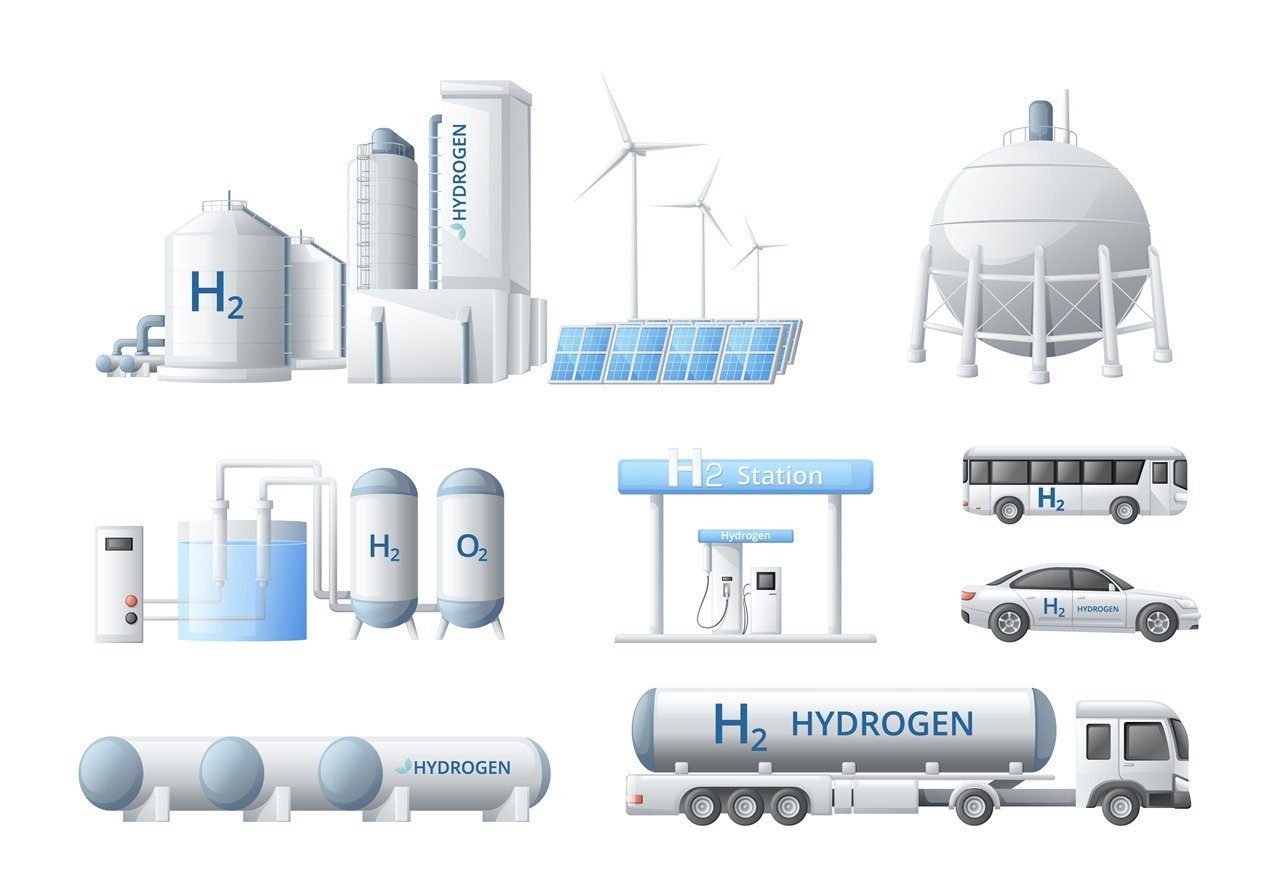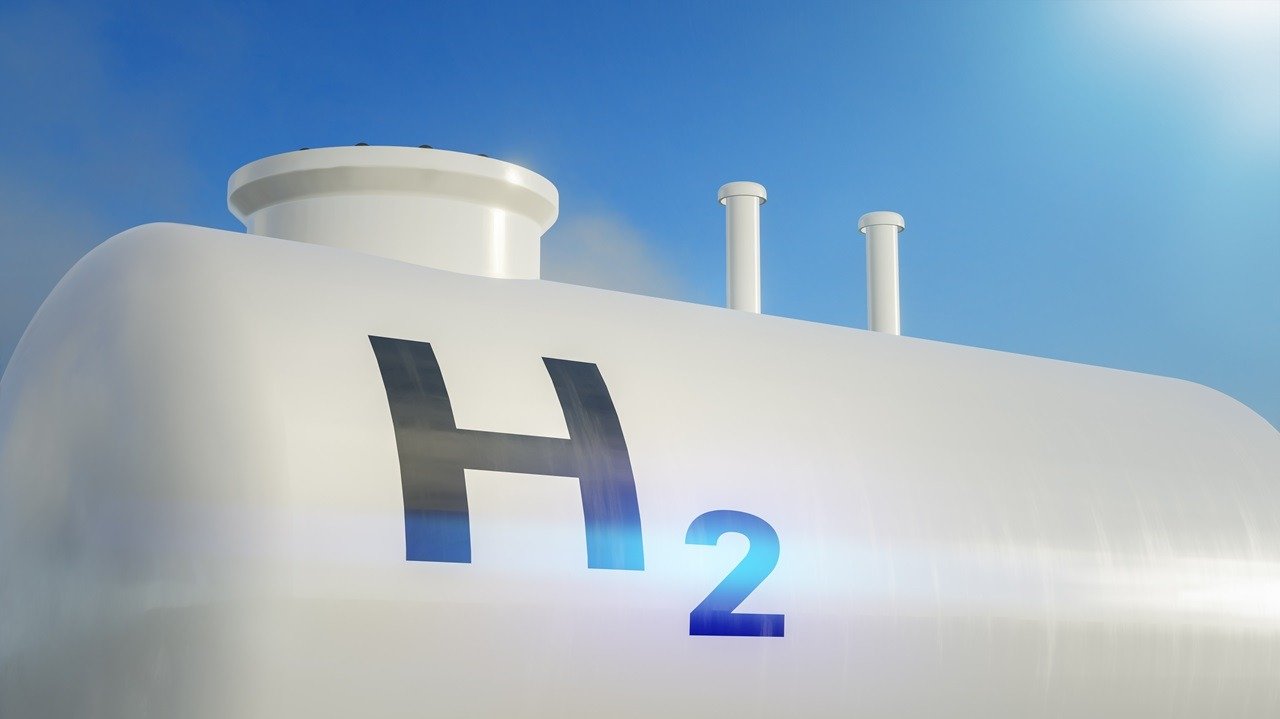
In the ongoing debate surrounding the future of transportation, one question looms large: Can hydrogen cars outpace electric vehicles (EVs)? This question has ignited discussions among industry experts, environmentalists, and consumers alike, each weighing the potential of these technologies to revolutionize the way we move.
Hydrogen, touted as a promising alternative to traditional fossil fuels, has garnered significant attention for its potential to reduce carbon emissions. Proponents argue that hydrogen could comprise a substantial portion of road transportation, potentially reaching 16% by mid-century, according to projections from the International Energy Agency. This projection suggests a competitive landscape between hydrogen and EVs, which currently dominate discussions on sustainable transportation.
The automotive industry stands at a crossroads, with hydrogen-powered vehicles poised to challenge the supremacy of EVs. Industry insiders foresee a surge in hydrogen-powered automobiles , with some speculating that they may even surpass battery-powered EVs in the coming years. However, skepticism abounds, with many questioning the feasibility of such projections. Despite the uncertainties, one thing remains clear: hydrogen is positioned to play a significant role in shaping the future of transportation.

Central to the allure of hydrogen is its potential as a green substitute for gasoline and diesel. Unlike conventional fuels, hydrogen combustion produces only water vapor, offering a cleaner alternative for reducing greenhouse gas emissions. Major players in the automotive sector, such as Toyota and BMW, have expressed optimism about hydrogen’s ability to facilitate emission-free mobility, signaling growing industry support for the technology.
Yet, challenges persist on the path to widespread adoption of hydrogen-powered vehicles. Chief among these is the efficiency and sourcing of hydrogen generation. Critics argue that producing hydrogen can be energy-intensive, raising concerns about its overall environmental impact compared to EVs. Additionally, the availability of hydrogen infrastructure remains limited, hindering the widespread deployment of hydrogen fueling stations.
The debate over hydrogen versus electric vehicles extends beyond the realm of automobiles to encompass other sectors, notably the shipping industry. With large industrial vehicles and ships ranking among the largest carbon emitters, finding sustainable solutions for maritime transportation is imperative. Here, hydrogen emerges as a practical means to reduce emissions, offering a viable alternative for decarbonizing the shipping sector.
In conclusion, while the question of whether hydrogen cars can beat electric vehicles remains open, the potential of hydrogen to revolutionize transportation is undeniable. As the world strives towards a greener future, both technologies will likely play complementary roles in reducing carbon emissions and fostering sustainable mobility. Whether hydrogen can indeed surpass EVs remains to be seen, but its significance in shaping the future of transportation cannot be overlooked.
At the heart of the debate lies the environmental promise of hydrogen. Unlike conventional fuels, hydrogen combustion produces only water vapor, offering a cleaner alternative for reducing carbon emissions. This has sparked enthusiasm among industry leaders, with companies like Toyota and BMW expressing optimism about hydrogen’s potential to drive emission-free mobility.
However, hurdles remain on the path to widespread adoption of hydrogen-powered vehicles. Chief among these is the efficiency and sourcing of hydrogen generation. Critics argue that producing hydrogen can be energy-intensive, raising questions about its overall environmental impact compared to EVs. Additionally, the lack of hydrogen infrastructure poses a significant barrier to mass adoption, limiting the availability of refueling stations for hydrogen vehicles.
Despite these challenges, hydrogen’s potential extends beyond the realm of automobiles to encompass other sectors, notably the shipping industry. With maritime transportation accounting for a significant portion of global emissions, finding sustainable solutions for ships and large industrial vehicles is imperative. Here, hydrogen emerges as a viable option for decarbonizing the shipping sector, offering a practical means to reduce emissions and promote environmental stewardship.

So, I believe I’ve given you all the information. I hope you enjoyed the post. If you did, don’t forget to like and share it.
Experience the power, feel the comfort, and embrace the evolution for the most recent tech news and reviews, Health tips and many more follow themdakbar Blogs also follow us on Facebook, Twitter, Google News, and Instagram. For access to our most recent videos, subscribe to our YouTube channel.



Hydrogen is easier than flex fuel if people research on it
thanks